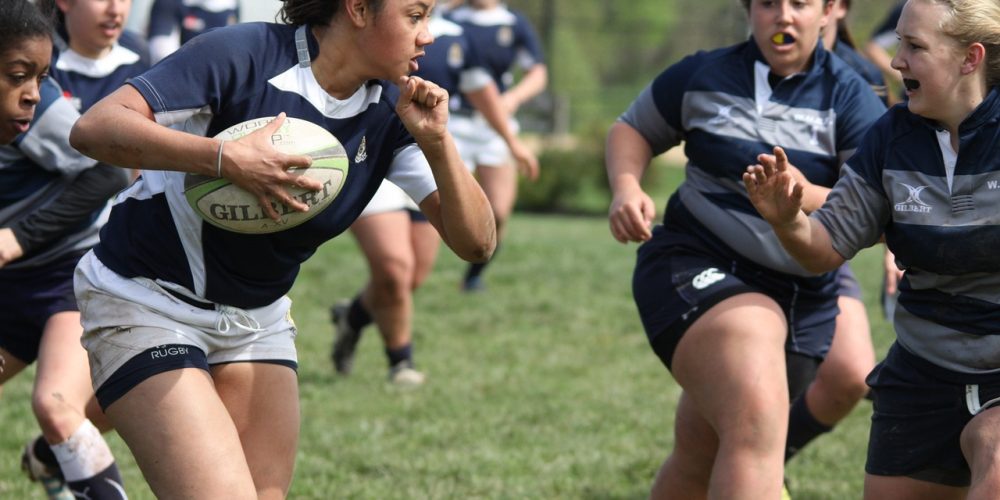The US revoked F-1 and M-1 visas for foreign students attending virtual classes. The United States announced the suspension of visas for foreign students whose classes become virtual due to the pandemic.
The United States Immigration and Customs Enforcement office said in a statement that students with F-1 and M-1 visas whose schools operate online “must leave the country or take other measures, such as transferring to a face-to-face school or institution ” If they do not, they risk being expelled from the country.
According to the new regulations, when a student is in a mixed center, he or she will have to be enrolled in as many face-to-face classes as possible to keep the visa.
What is the F-1 Visa
In the United States, F visas are a type of nonimmigrant student visa that allows foreigners to obtain education (academic studies and / or language training programs) in the United States. F-1 students must maintain a full course of study.
What is the M-1 visa
The M-1 visa is a type of student visa in the US Reserved for international students attending vocational and technical schools.
The new standard
Under the new regulation, “F-1 nonimmigrant students attending schools that operate under normal classes in person are subject to existing federal regulations,” the statement said.
Indicates that eligible F-type students can take a maximum of one class or three hours of credit online and that F-1 nonimmigrant students “attend schools that adopt a hybrid model, that is, a combination of online classes and in person, they will be allowed to take more than one class or three hours of credit online. ”
Otherwise, ICE indicates that those students may face immigration consequences that include, among others, the initiation of a deportation process.
The full text in Spanish of the ICE measure is as follows:
For immediate publication
For media inquiries about ICE activities, operations, or policies, contact the ICE Office of Public Affairs at ICEmedia@ice.dhs.gov.
SEVP Modifies Temporary Waivers for Nonimmigrant Students Taking Online Courses During the Fall 2020 Semester
WASHINGTON – The Exchange Student and Visitor Program (SEVP) announced modifications to the temporary exemptions for non-immigrant students taking classes online Monday due to the pandemic of the fall 2020 semester. The US Department of Homeland Security It plans to publish the procedures and responsibilities in the Federal Register as a temporary final rule.
Temporary exemptions for the fall 2020 semester include:
F-1 and M-1 nonimmigrant students who attend fully online schools cannot take a full load of online courses and remain in the United States. The US Department of State will not grant visas to students enrolled in schools and / or programs that are fully online during the fall semester, nor will US Customs and Border Protection allow these students to enter the United States. Students currently active in the United States enrolled in such programs must leave the country or take other measures, such as transferring to a school with in-person instruction to remain in legal status. Otherwise, they may face immigration consequences that include, among others, the initiation of removal proceedings.
F-1 nonimmigrant students attending schools that operate under normal classes in person are subject to existing federal regulations. Eligible F students can take a maximum of one class or three hours of credit online.
F-1 nonimmigrant students attending schools that adopt a hybrid model, that is, a combination of online and in-person classes, will be allowed to take more than one class or three hours of credit online. These schools must certify to SEVP, through Form I-20, “Certificate of Eligibility for Nonimmigrant Student Status,” certifying that the program is not completely online, that the student is not taking a fully online course this semester and that the student is taking the minimum number of online classes required to make normal progress in their degree program. The above exemptions do not apply to F-1 students in English language training programs or M-1 students seeking vocational degrees, who are not allowed to enroll in any online course.
Schools must update their information in the Exchange Student and Visitor Information System (SEVIS) within 10 days of the change if they start the fall semester with face-to-face classes, but then are required to switch to online classes only , or a nonimmigrant student changes their course selection, and as a result, ends up taking a load of courses entirely online. Nonimmigrant students within the United States cannot take a full course of study through online classes. If students find themselves in this situation, they must leave the country or take alternative measures to maintain their non-immigrant status, such as a reduced course load or an appropriate medical permit.
Due to COVID-19, SEVP instituted a temporary exemption regarding online courses for the spring and summer semesters. This policy allowed nonimmigrant students to take more courses online than federal regulation normally allows to maintain their nonimmigrant status during the COVID-19 emergency.
F-1 nonimmigrant students follow academic courses and M-1 nonimmigrant students follow vocational courses while studying in the United States.
The original text in English can be consulted here.
NotiActual




